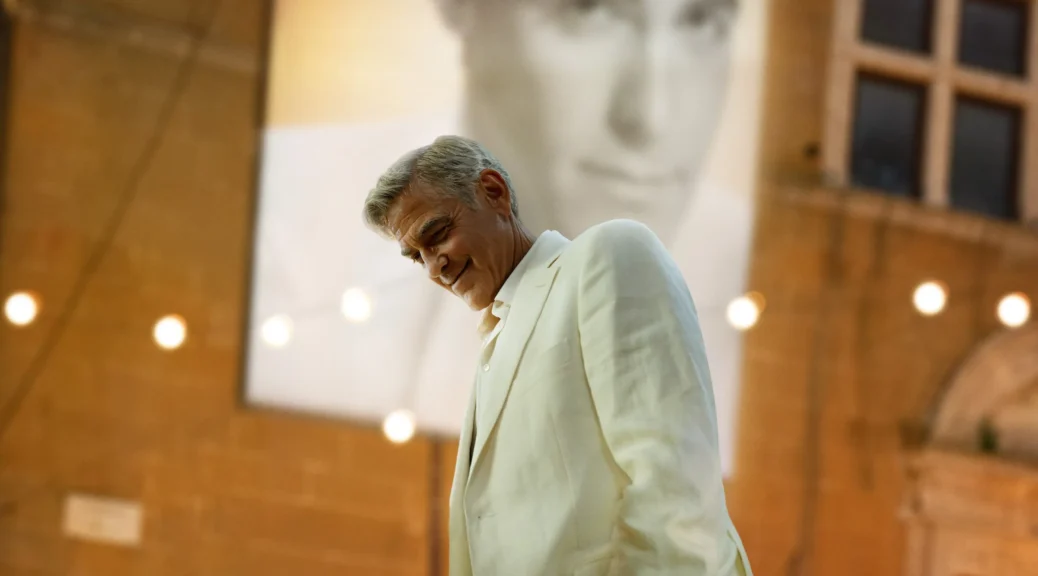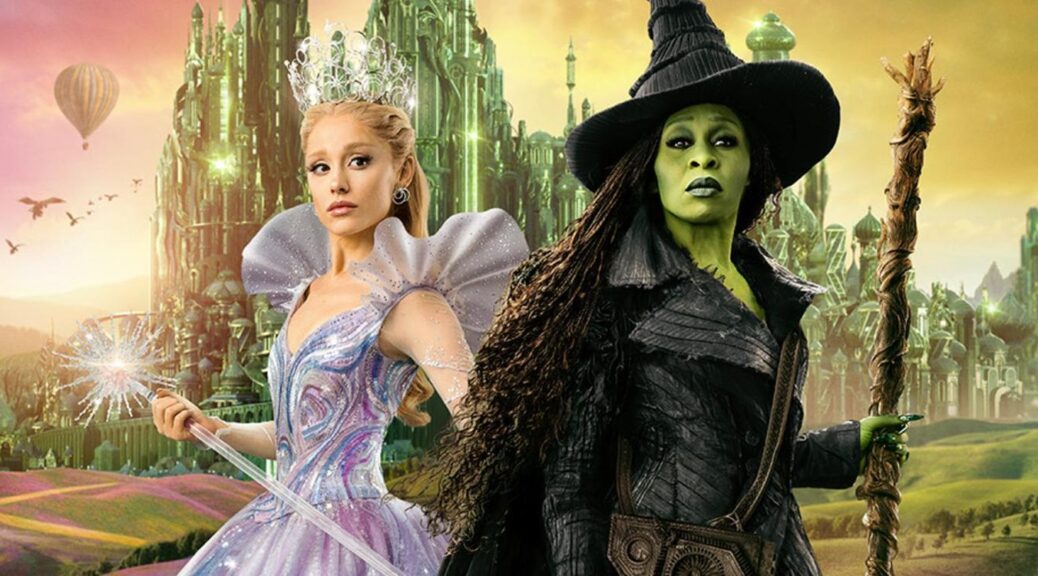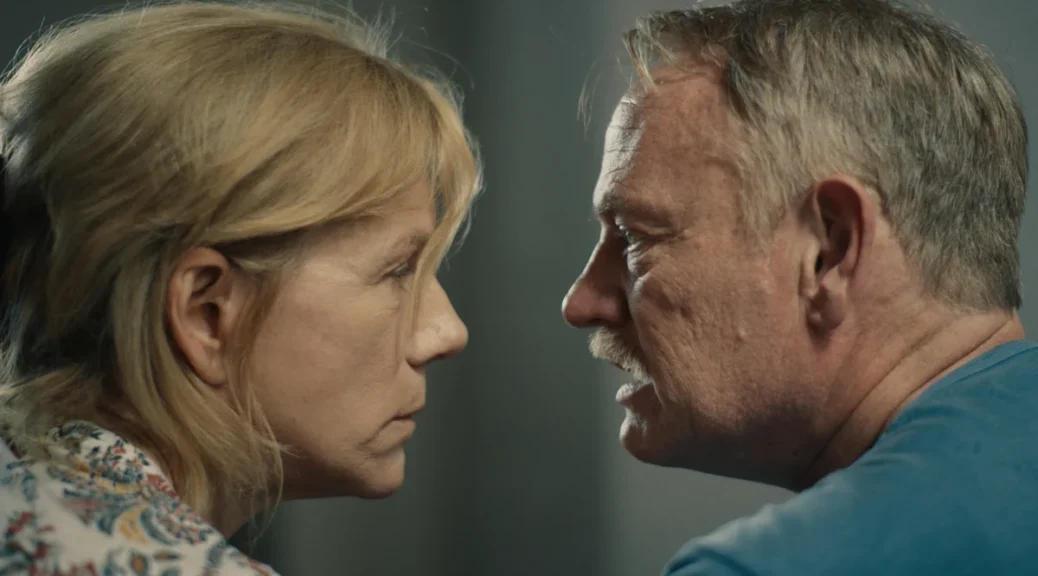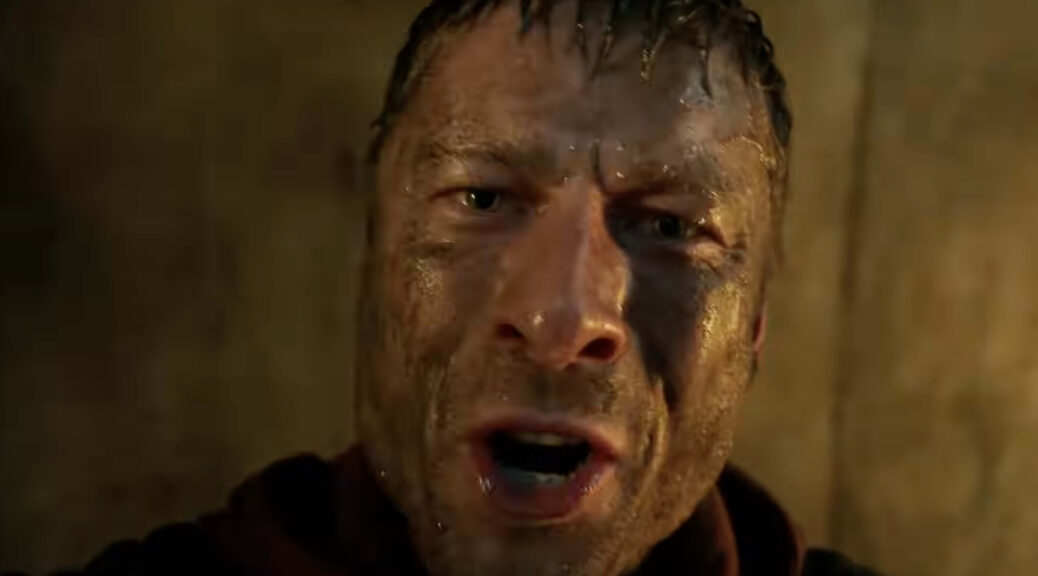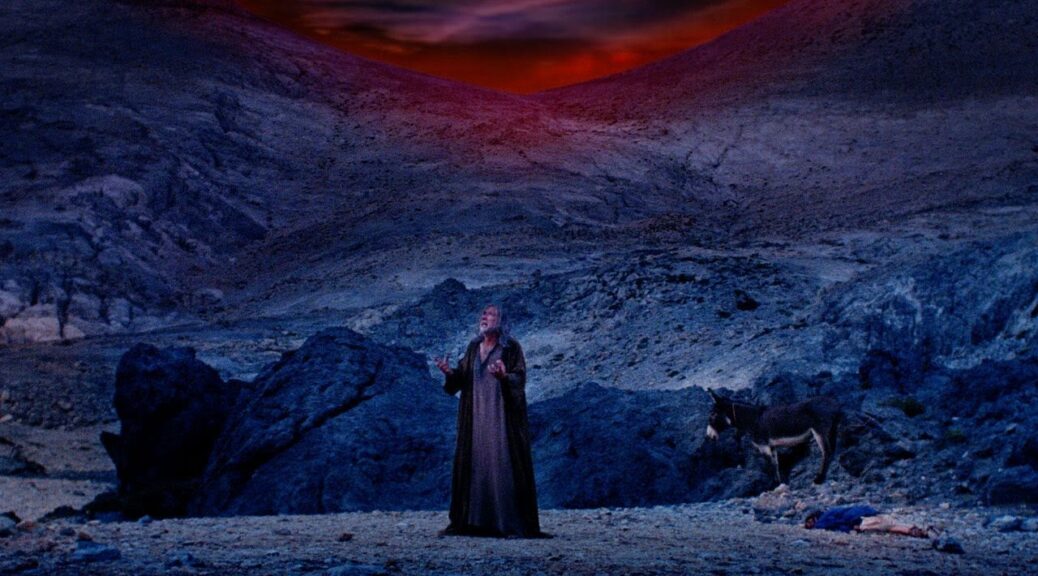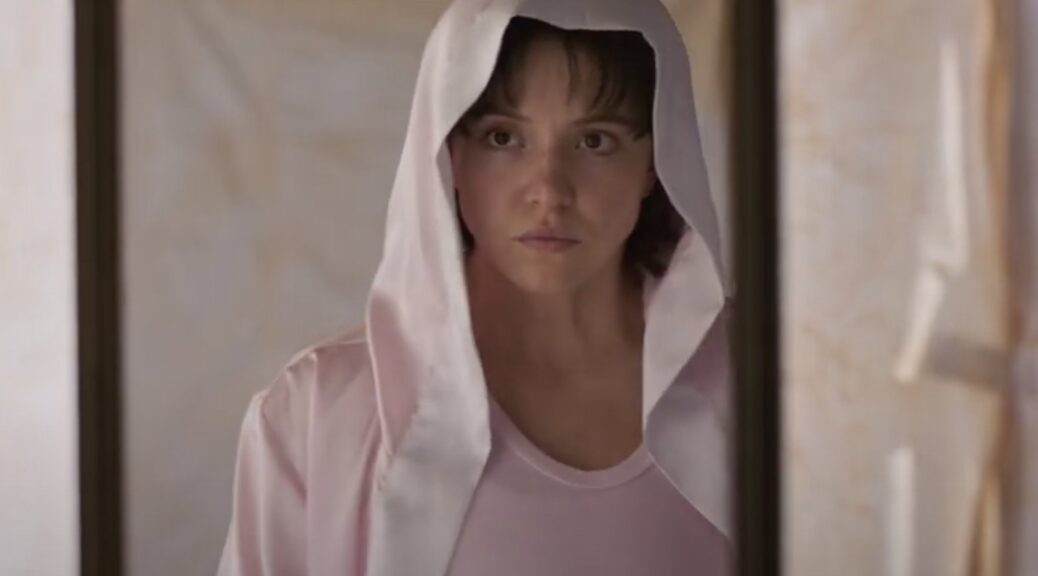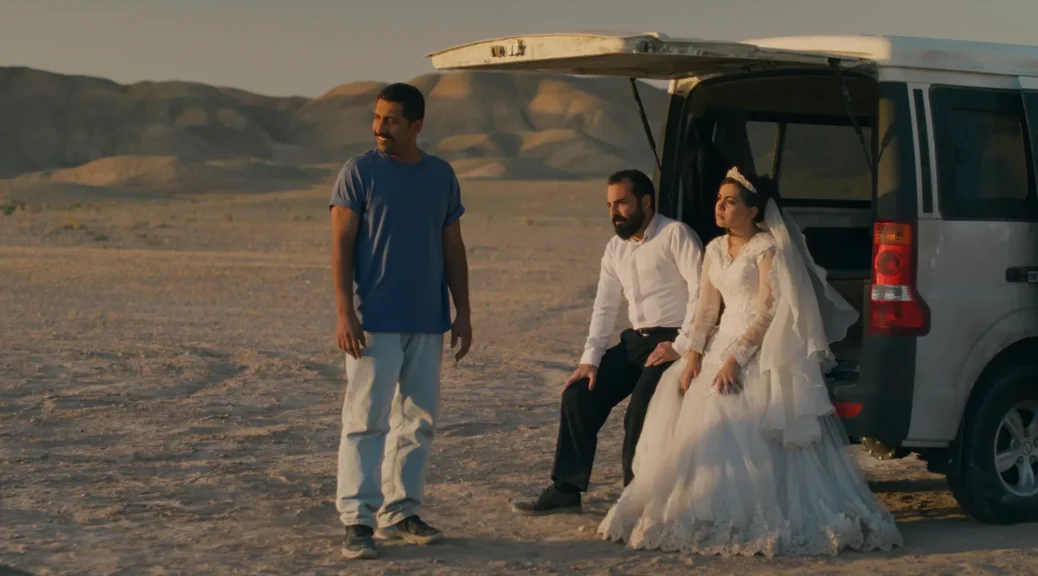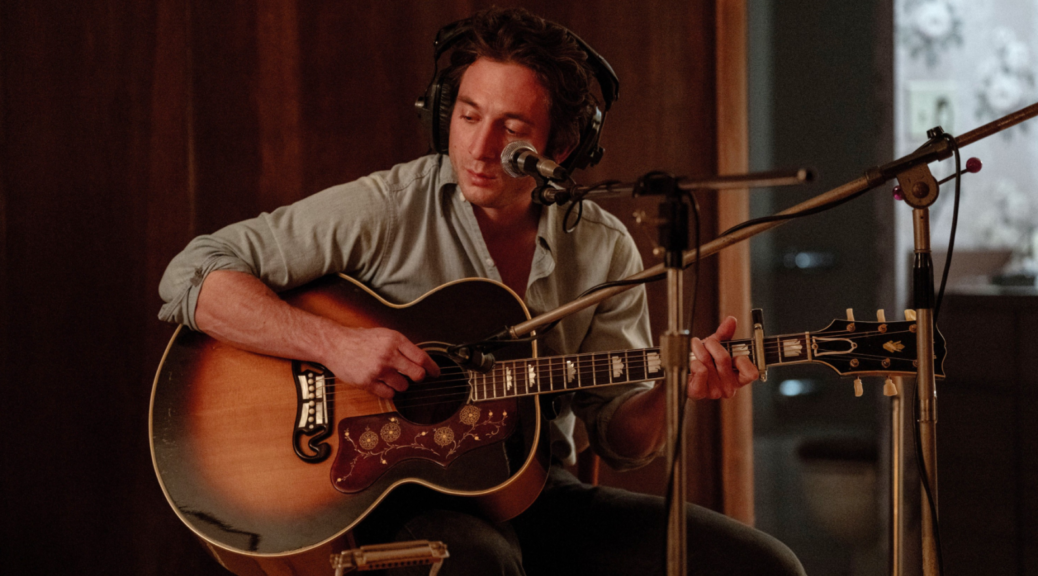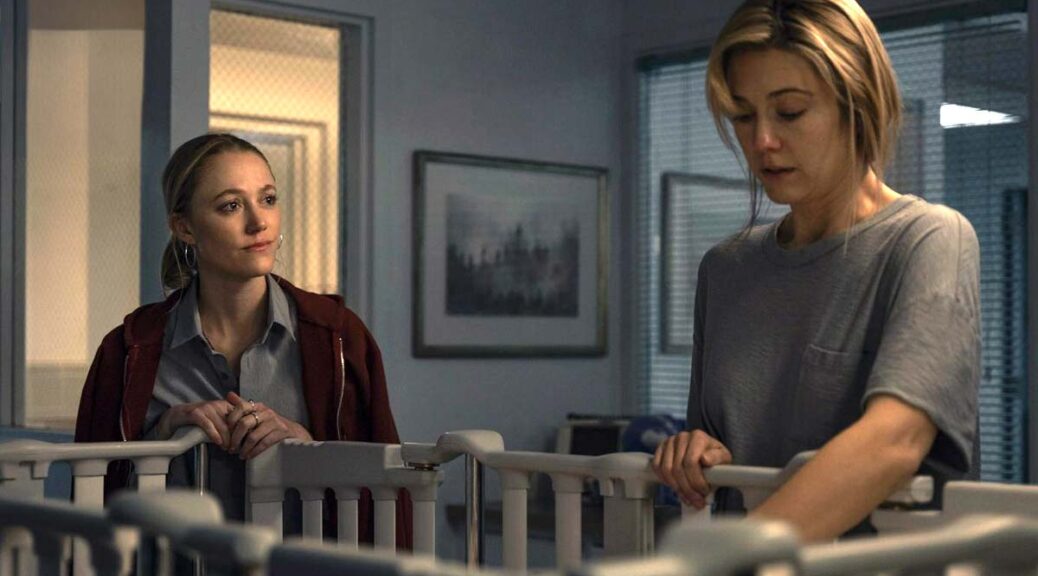Jay Kelly
by George Wolf
Oh, jeez, here we go. Just in time for Awards Season, it’s another group of Hollywood elites making a big Netflix movie about how great movies are, and how great the people making movies are and how hard those people work.
Cue the eye-roll. Can the Oscar-baiting get any more shameless?
Hang on there, hot-taker. Why can’t veteran movie-makers write what they know? Like any other story, it comes down to how well you’re telling it, and how much we’re invested in what’s happening to the characters.
Turns out, it’s pretty easy to care about Jay Kelly, about the people in his orbit, and the commitment required to make cinema feel like “pieces of time.”
George Clooney wears the title role like his most broken-in leather jacket. Jay Kelly is a veteran movie star, enjoying the comforts of his status while slowly realizing what he has given up to get it.
And it’s not just Jay. From his loyal manager (Adam Sandler) to his publicist (Laura Dern), old roommate (Billy Crudup) to first mentor (Jim Broadbent) and beyond, their is no shortage of people holding a to-do list that starts with making Jay Kelly comfortable.
Director Noah Baumbach and co-writer Emily Mortimer (who also takes a small role in a large ensemble) seem very committed to writing what they know and live. The script does get talky, but never preachy, and we do see the daily anxieties and the juggled priorities, plus the fun of often watching someone else get the glory.
The film’s pool isn’t deep and its claws aren’t sharp but easygoing humor and poignancy reign. As Jay prepares for his career tribute in Tuscany (where else?), Baumbach’s breezy structure often feels like an adaptation from some unknown Sondheim musical. Characters hustle in and out of the periphery while Jay enters rooms that let him visit scenes from his life, reflecting on past choices and strained relationships with his two daughters (Riley Keough and Grace Edwards).
The cast is littered with talent (including Greta Gerwig, Patrick Wilson, Isla Fisher and Stacy Keach), and Sandler may finally earn that Oscar nod he was robbed of in 2019’s Uncut Gems. But in the end, you may as well just pronounce the title as “George Clooney.”
His modern-day Cary Grant persona is so effortless (just look at him charming that trainload of fans!), it’s nearly impossible to imagine the film working without him. And by the time Jay is seated for a very recognizable career tribute, the line where Clooney stops and Kelly starts becomes pretty damn thin.
Do you appreciate movies? You like Clooney? Say hello to Jay Kelly.
